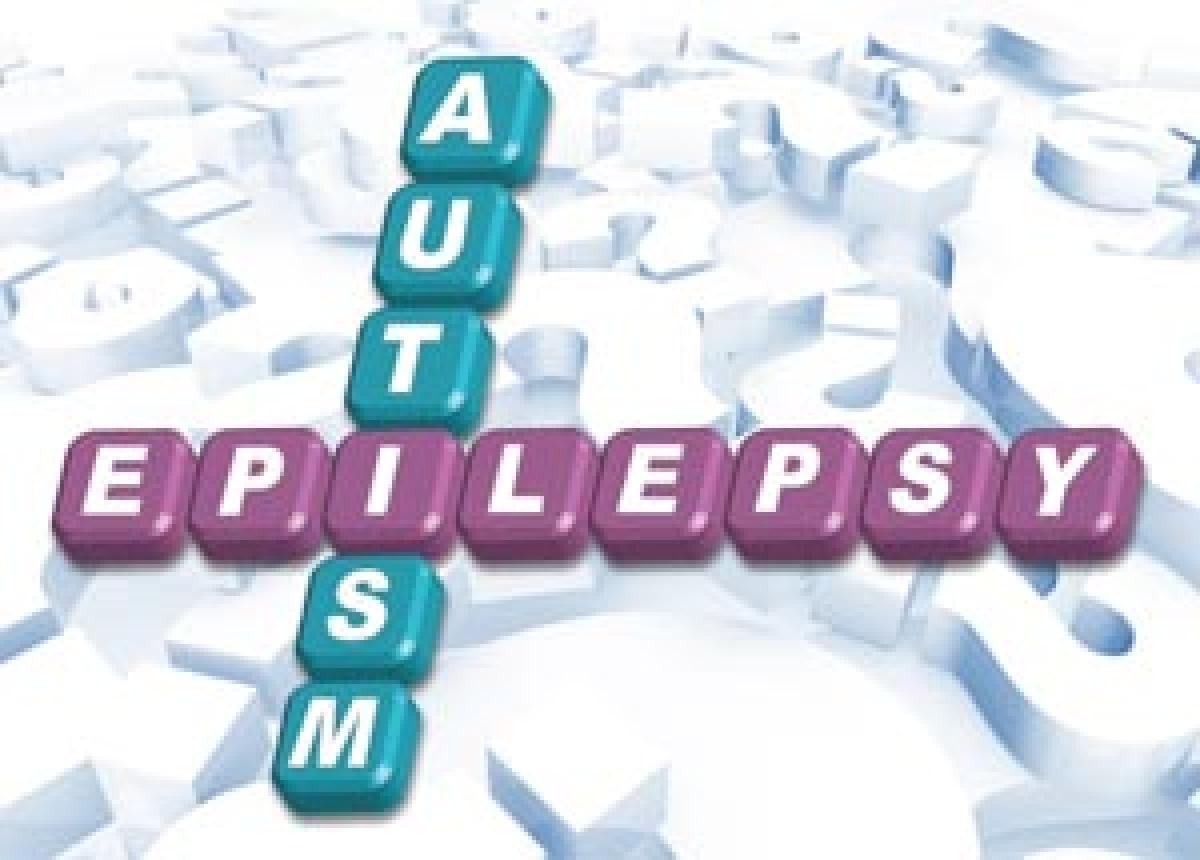Live
- Tammineni busy consulting followers
- Manoj Kumar Sahoo new DRM of Waltair Division
- Career aspirants encouraged to stay focused on their goals
- Need for skills in pharmacy stressed
- Free entry to Visakha Museum on November 24
- Steel industry key to India’s economic growth: HDK
- Students in slums face accessibility challenges
- Early AI adoption saving Indians 2 hrs a day
- 5 lakh fishlings released into Tandava reservoir
- The role of habit building in mental wellness
Just In
Having close relative with epilepsy may increase autism risk


Having a close relative with epilepsy may increase a person\'s risk of being diagnosed with autism, says a study. \"Other studies have linked the two conditions.
Having a close relative with epilepsy may increase a person's risk of being diagnosed with autism, says a study. "Other studies have linked the two conditions. However, our study looks specifically at the brothers and sisters and sons and daughters of people with epilepsy to determine a possible autism risk in these relatives," said study author Helene Sundelin from the University Hospital in Linkoping, Sweden.
The findings were published in the online issue of Neurology, the medical journal of the American Academy of Neurology. For the study, researchers looked at a data registry and identified 85,201 people with epilepsy, as well as all of their siblings (80,511 people) and offspring (98,534 people).
Each person with epilepsy was compared with five people without epilepsy of similar age, sex and from the same county during the same period. The siblings and offspring of those with epilepsy were also compared with siblings and offspring of people without epilepsy.
During the average six-year follow-up period of the study, 1,381 of participants with epilepsy and 700 of the people without epilepsy were diagnosed with autism. People with epilepsy were therefore at increased risk of being diagnosed with autism (1.6 per cent compared to 0.2 per cent), with the highest risk seen in those diagnosed with epilepsy in childhood (5.2 per cent).
The study found a 63 per cent increased risk of developing autism for siblings and offspring even when the person with epilepsy was excluded.
Offspring of mothers had a 91 per cent increased risk and offspring of fathers had a 38 per cent increased risk.
"The goal is to find out more about how these two diseases may be linked so that treatments may be developed that will target both conditions," Sundelin said.

© 2024 Hyderabad Media House Limited/The Hans India. All rights reserved. Powered by hocalwire.com






